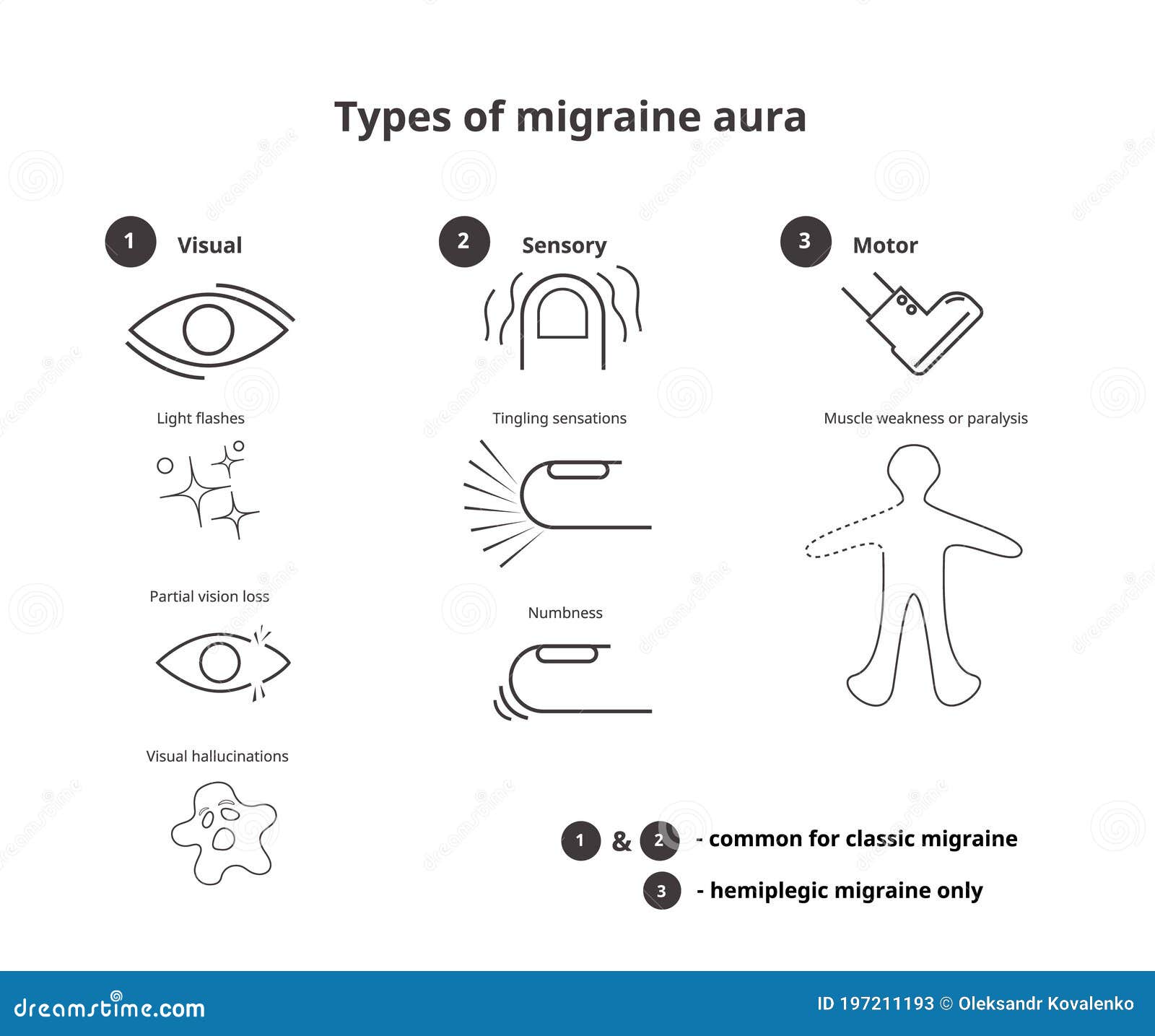
Getting a supplement that combines riboflavin with another vitamin is a great way to kill two birds with one super healthy stone, but not all multivitamins are created equal. Keep in mind that if you’re using riboflavin for migraine treatment, the supplements you can get at the pharmacy may not make the cut-they’re usually 100-200 mg doses, but you’ll need 400 mg of riboflavin for migraine prevention. How else can I get riboflavin?įor people who need more riboflavin than they can get from food, supplements are the best choice. Some cereals and grains are also fortified with riboflavin-meaning it’s added in to make your breakfast a bit more balanced.īut, to be totally honest, eating cereal all day every day probably wouldn’t give you enough riboflavin to cut down on your headache days. What foods are good sources of riboflavin? Like plenty of other nutrients, it's good for your vision, and might even help prevent cataracts. What other conditions can riboflavin help with?Įven though riboflavin is touted as a miracle cure for all sorts of conditions (from tinnitus to anxiety to mouth ulcers) in some corners of the internet, there isn’t much evidence that it helps with most of those issues. The evidence for riboflavin’s effectiveness is far from overwhelming-there have only been a few clinical trials-but the Canadian Headache Society still recommends it for prevention of migraine because the potential for negative side effects is low.

At that dose, riboflavin has been shown to reduce the number of attacks people experienced each month, although not enough research has been done to know how or why it works. In studies of riboflavin’s effect on migraine headaches, participants are typically asked to take a lot more riboflavin than you’re likely to get from your diet-400 mg. If you’re probably getting enough riboflavin from your diet, shouldn’t you already be getting all of its migraine prevention benefits? Not exactly. Does riboflavin help prevent migraine attacks? Most people get all the riboflavin they need from their diet, but certain medical conditions and dietary restrictions, like thyroid hormone deficiency or veganism, can put you at risk of riboflavin deficiency. How much riboflavin you should be getting depends on your age and sex, but most healthy adults need a little over 1 mg per day (1.1 for women and 1.3 for men), according to the National Institutes of Health's RDA, or recommended dietary allowance.

How do you know if you’re getting enough riboflavin?


Your body doesn’t produce riboflavin on its own, so you can only get it from food or dietary supplements. Like fellow B-vitamins niacin and thiamin (also spelled “thiamine”), it helps your cells develop and function properly by keeping energy production running smoothly. Riboflavin is a vitamin that you need to stay healthy. Ready to learn all there is to know about this natural migraine treatment? Let’s dive in. That’s why we’ve done our research and decided to tell you all about one of the few vitamins that really can help prevent migraine headaches: riboflavin (a.k.a. As we all know, not everyone on the internet is careful about spreading information, even when the evidence is thin or just plain nonexistent. If you’ve searched for natural migraine remedies online, you’ve probably heard a lot of big claims about how some supplements can put a stop to your debilitating headaches.


 0 kommentar(er)
0 kommentar(er)
